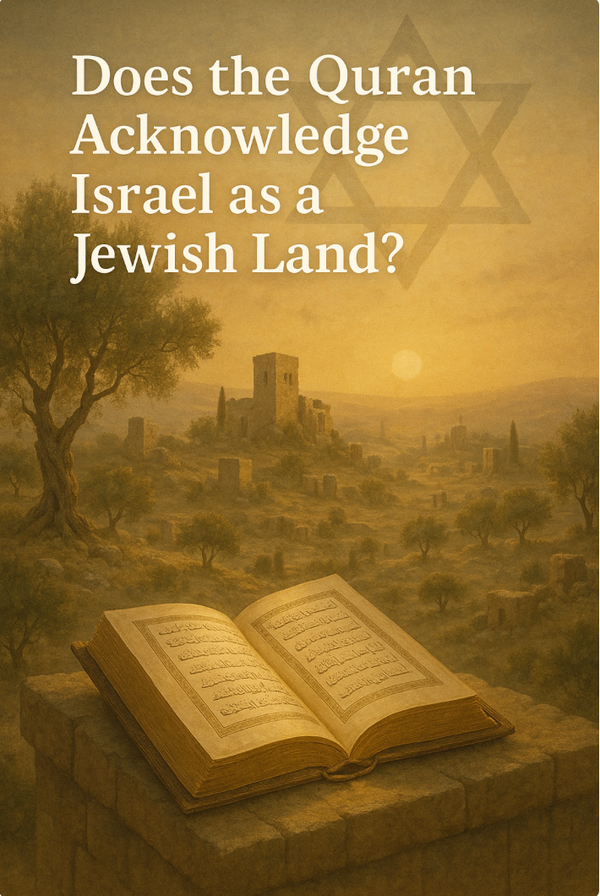
By Dr. Tim Orr For decades, the Israeli-Palestinian conflict has been portrayed as a struggle between indigenous Arabs and foreign
by Dr. Tim Orr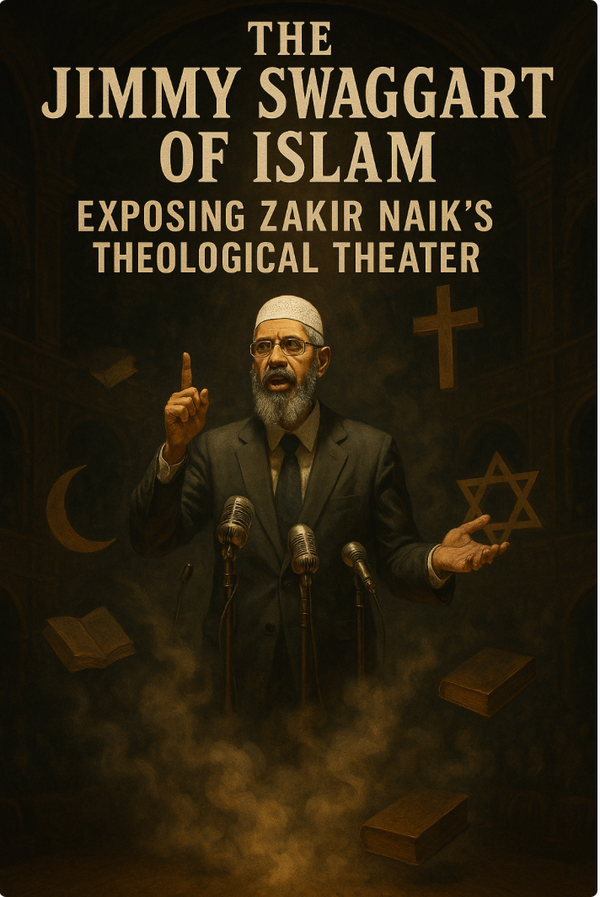
By Tim Orr As someone who has studied under trained Muslim scholars—men and women who approach the Qur’an
by Dr. Tim Orr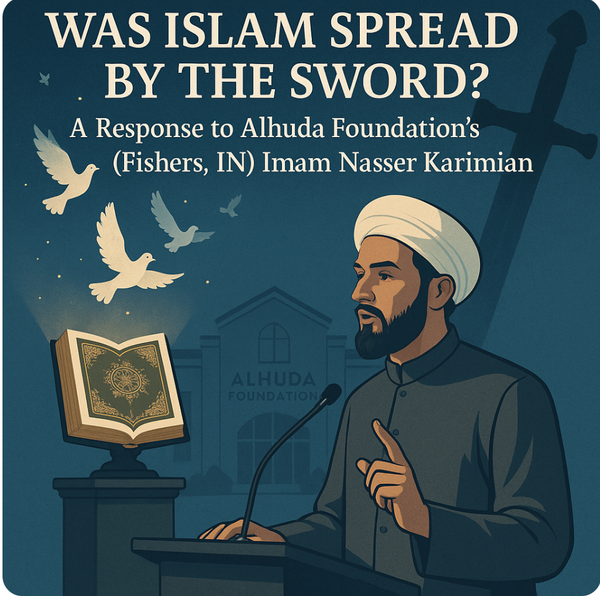
By Dr. Tim Orr I recently watched a video by Nasser Karimian, the imam at the Alhuda Foundation in Fishers,
by Dr. Tim Orr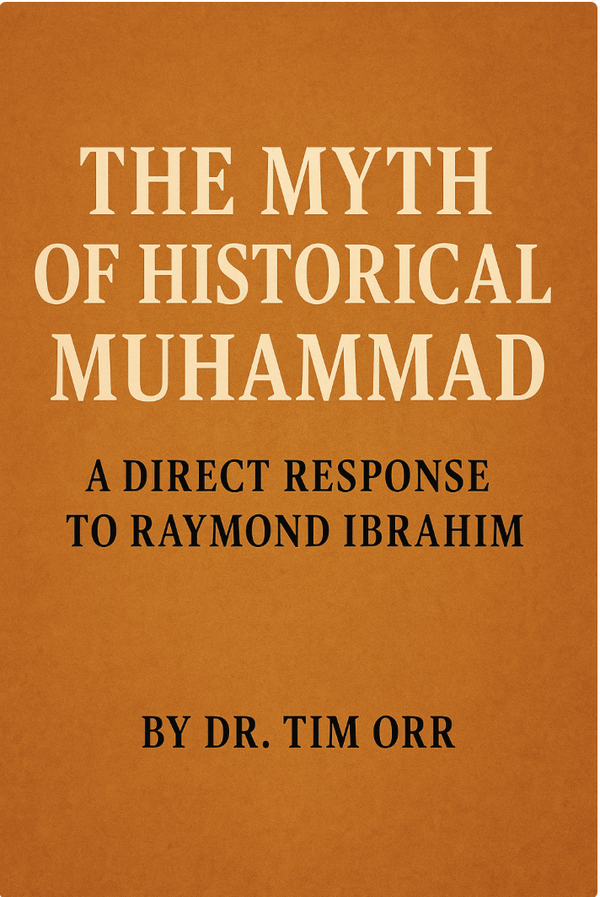
By Dr. Tim Orr This critique addresses Raymond Ibrahim’s assertions concerning the historical credibility of Muhammad, particularly his responses
by Dr. Tim Orr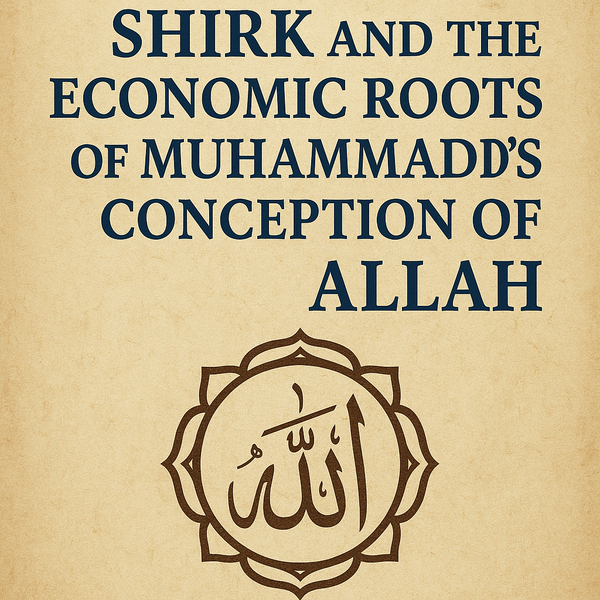
By Dr. Tim Orr Based on insights from Mark Durie INTRODUCTION: A MARKETPLACE SHAPING THEOLOGY The air in 7th-century Mecca
by Dr. Tim Orr
By Dr. Tim Orr For decades, the Israeli-Palestinian conflict has been portrayed as a struggle between indigenous Arabs and foreign Jewish colonizers. Yet this narrative often ignores the theological foundation that predates modern politics—the role of divine revelation. While political commentators, academic scholars, and activist voices often focus exclusively
by Dr. Tim Orr
This is the gospel—breathtaking, life-giving, and overflowing with radiant hope. It is not simply good news; it is the best news. A story so stunning and transformative that it draws you into its very heartbeat.
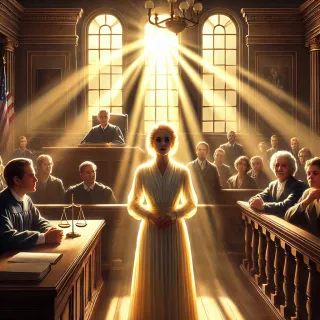
By Dr. Tim Orr In this story, I am sharing a moment that tested my faith and reaffirmed my understanding of grace—a moment that unfolded in a courtroom where justice, loss, and mercy collided in unexpected ways. Eight years ago, a man named Anthony killed my brother in a

Today, I write to share my heart, my grief, and my plea for accountability as I prepare to speak at a parole hearing. The hearing will determine whether Anthony Sheehy, the man who killed my brother, Shannon, in a drunk driving accident, will be released from prison four years early.

This article will delve deeply into why Khomeini’s vision has unraveled and why it matters in today’s geopolitical context.

To better understand what shapes my writing, I want to share the five primary sources of inspiration behind my posts: my background, education, experiences, Christian worldview, and current events and trends.

This article delves into the intricate beliefs and historical contexts that define Palestine for Jews, Christians, and Muslims, drawing on the works of esteemed scholars.

Andy Bannister's analysis offers an alternative perspective, suggesting that the Qur'an can be better understood through the Oral-Formulaic Theory (OLT).

By Dr. Tim Orr In the intricate tapestry of religious narratives, the story of Adam holds a foundational place in both Islamic and Christian traditions. Scholar Andy Bannister delves deep into these narratives, uncovering their profound impact on Muslims' and Christians' theological frameworks and worldviews. Bannister’s exploration







By Dr. Tim Orr For decades, the Israeli-Palestinian conflict has been portrayed as a struggle between indigenous Arabs and foreign
by Dr. Tim Orr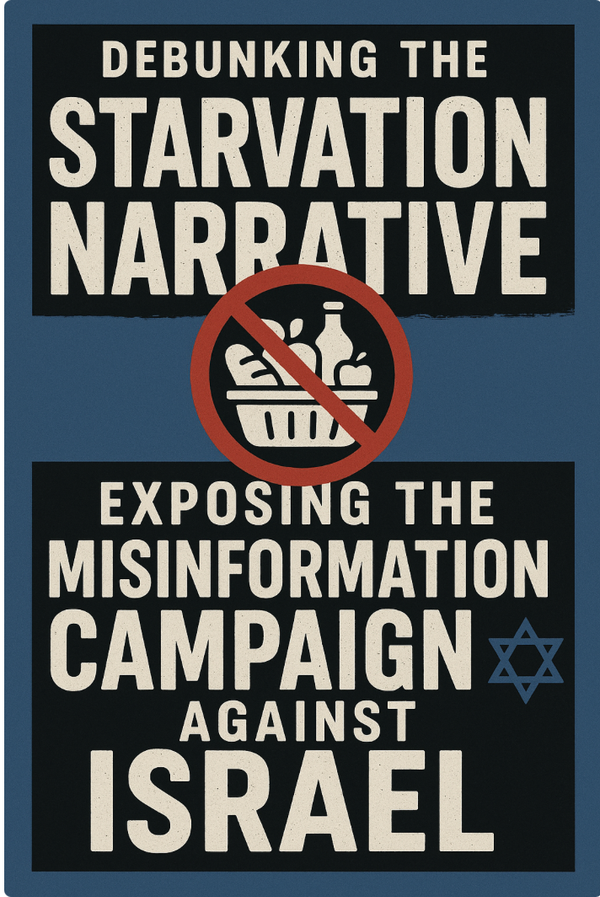
By Dr. Tim Orr God loves and cares deeply for the people of Gaza. He sees their suffering and hears
by Dr. Tim Orr
By Dr. Tim Orr A year ago, I watched a video that shook me. It showed Jewish students at an
by Dr. Tim Orr
By Tim Orr As someone who has studied under trained Muslim scholars—men and women who approach the Qur’an
by Dr. Tim Orr
By Dr. Tim Orr I recently watched a video by Nasser Karimian, the imam at the Alhuda Foundation in Fishers,
by Dr. Tim Orr
By Dr. Tim Orr This critique addresses Raymond Ibrahim’s assertions concerning the historical credibility of Muhammad, particularly his responses
by Dr. Tim Orr
By Dr. Tim Orr Based on insights from Mark Durie INTRODUCTION: A MARKETPLACE SHAPING THEOLOGY The air in 7th-century Mecca
by Dr. Tim Orr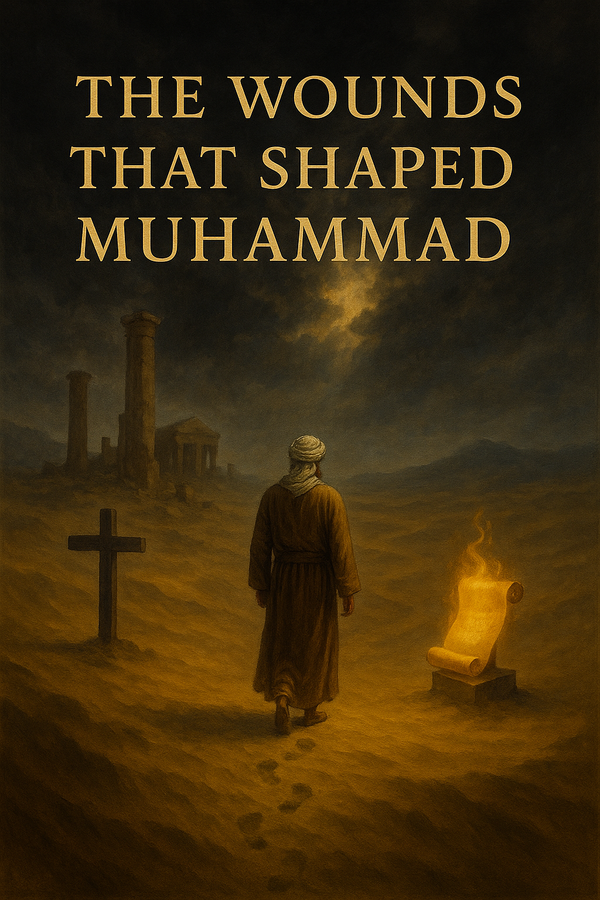
By Dr. Tim Orr In the later surahs of the Qur’an, we sense something more than divine instruction; there
by Dr. Tim Orr